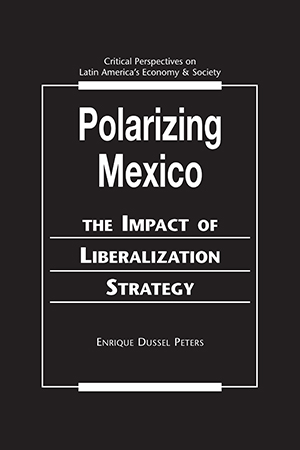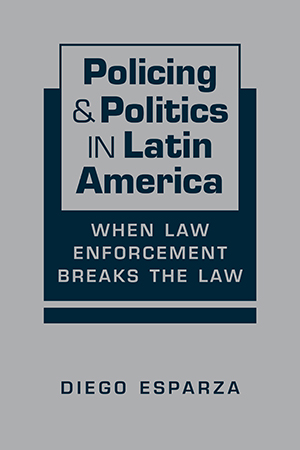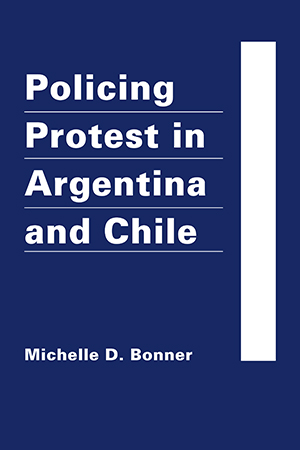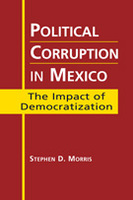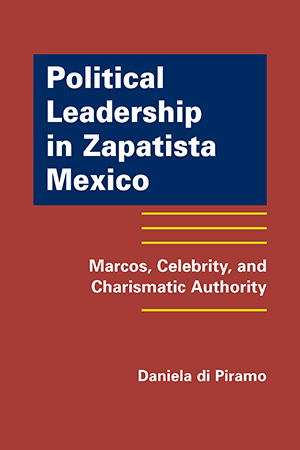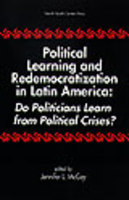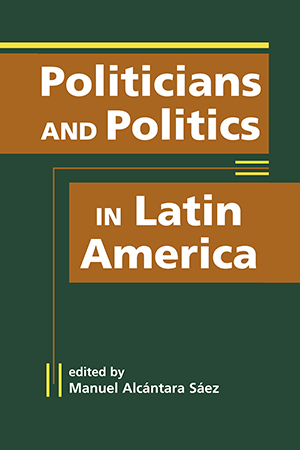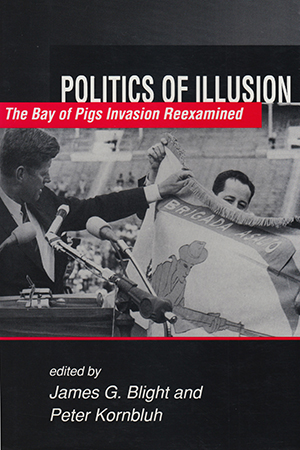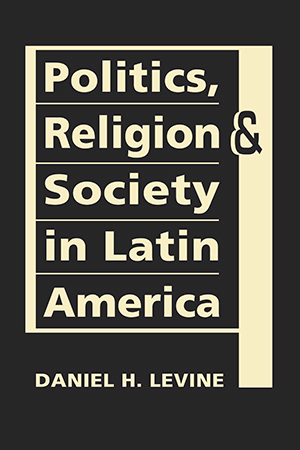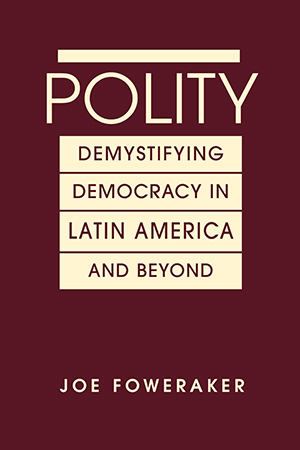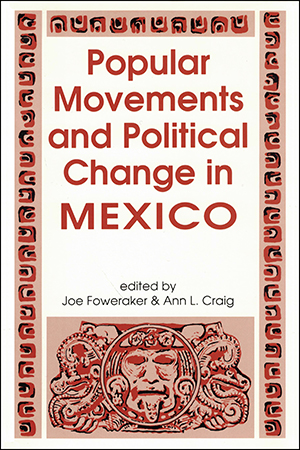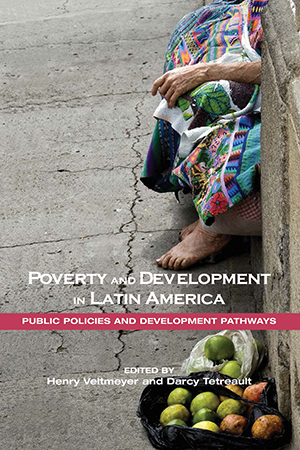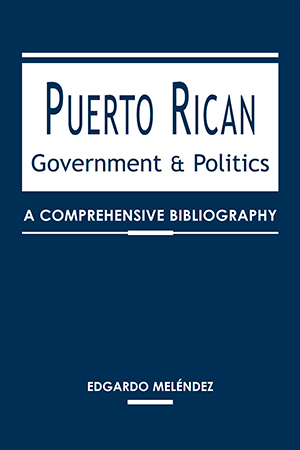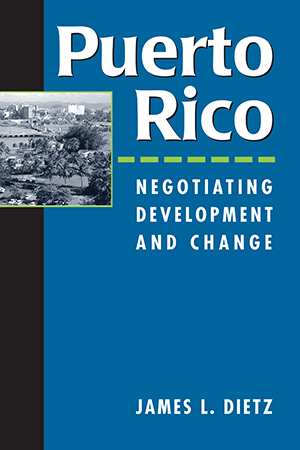Latin America and the Caribbean
Since the end of the 1980s, structural changes have profoundly altered Mexico's economy and society. But has the outcome been a positive one? Dussel Peters argues that liberalization More >
Though police are supposed to serve and protect, they all too often rob and abuse. Why? And what can be done about it? That is the central puzzle addressed in this book. Drawing on the More >
Winner of the Canadian Political Science Association's Prize in Comparative Politics, 2016! Despite the pervasiveness of electoral democracy in Latin America, the police continue to More >
Has the fundamental shift in Mexico's political system away from single-party authoritarian rule had any impact on the pattern of corruption that has plagued the country for years? Is More >
Can charismatic authority be used to further progressive politics without simultaneously doing damage? Is it possible for a movement with a charismatic leader to achieve an egalitarian More >
Intrigued with the question of how societies adopt norms, institutions, and rules associated with liberal democracy, the contributors to this volume examine how political actors in Latin More >
The premise of this book is, simply, that politicians matter—that an understanding of the role played by politicians in the way that politics is carried out in their countries is, far More >
The defeat of the attempted April 1961 invasion of Cuba at the Bay of Pigs (Playa Giron) was one of the worst foreign–policy disasters in U.S. history. Since then, explanations of the More >
Long assumed to be an unchanging and unquestioned bulwark of established power and privilege, religion in Latin America has diversified and flourished, while taking on new social and More >
Amidst the many lamentations about the problems of democracy, Joe Foweraker turns his attention to specific questions: Is democracy incompatible with stark social inequalities? Why are so More >
In just twenty years, popular movements have changed the face of Mexican politics, as organized groups of peasants, teachers, city dwellers, women, and students have crowded into the More >
Why, despite some five decades of international development efforts, is poverty still so widespread in Latin America? More specifically, what are the root causes of poverty? How can it be More >
This landmark study traces economic development, social dynamics, and political processes in Cuba from the end of Spanish colonial rule to the triumph of the 1959 revolution. Ibarra More >
The first of its kind, this major bibliography covers all aspects of Puerto Rican government and politics defined in the broadest manner. More than 5,000 entries identify books, articles, More >
In the midst of significantly changing economic and political relations with the United States, Puerto Rico is struggling to find a new—and effective—development path. James More >


